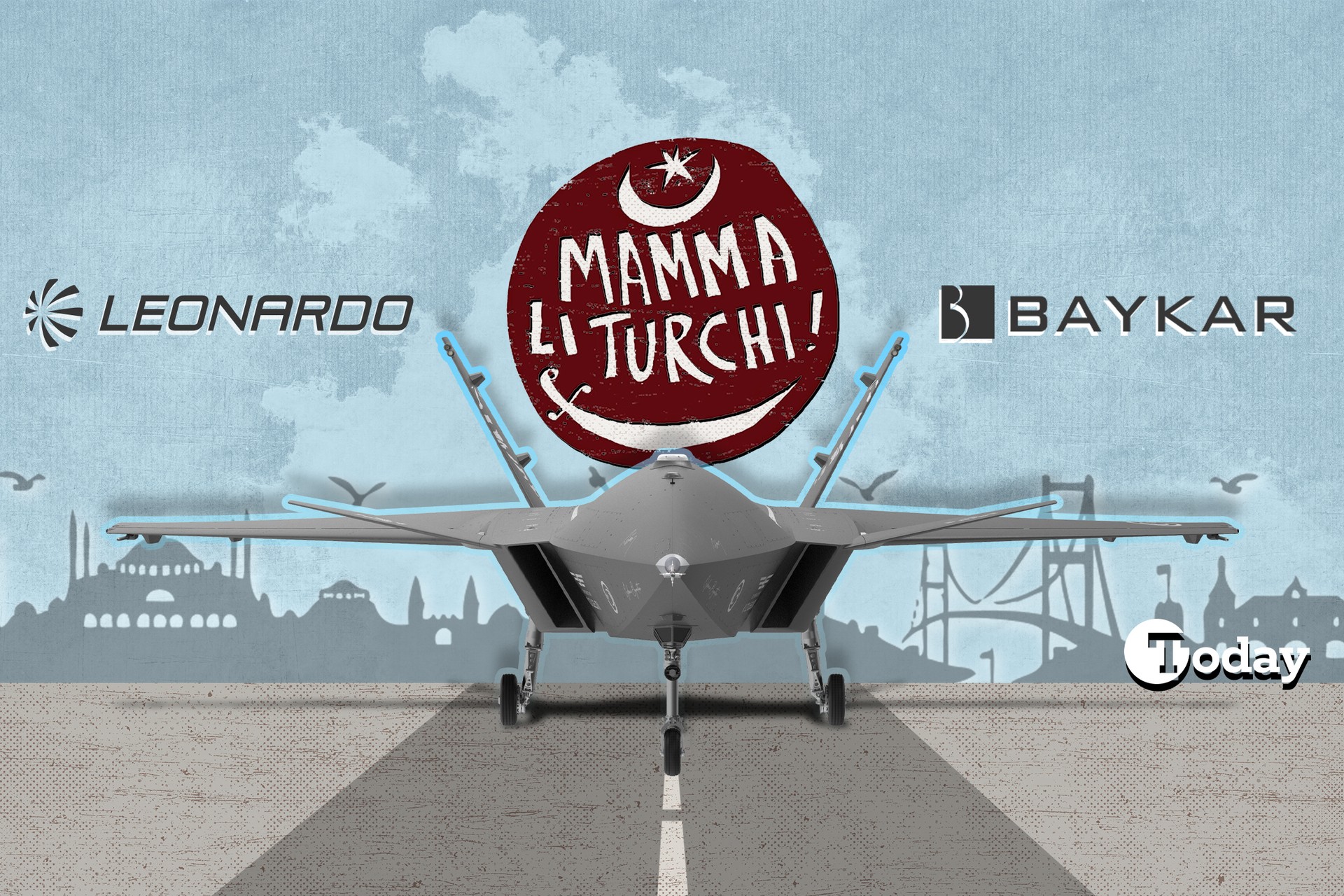
The recent agreement between Italy's Leonardo and Türkiye’s Baykar marks a significant step toward bolstering European defense autonomy through advanced unmanned aerial vehicle (UAV) technology.
The collaboration, which involves the joint development of next-generation UAVs, is expected to reshape the European defense landscape and strengthen Turkish-European defense cooperation in these days where the EU is struggling to keep up with the concept of European defense due to the new sheriff in town in Washington, Donald Trump.
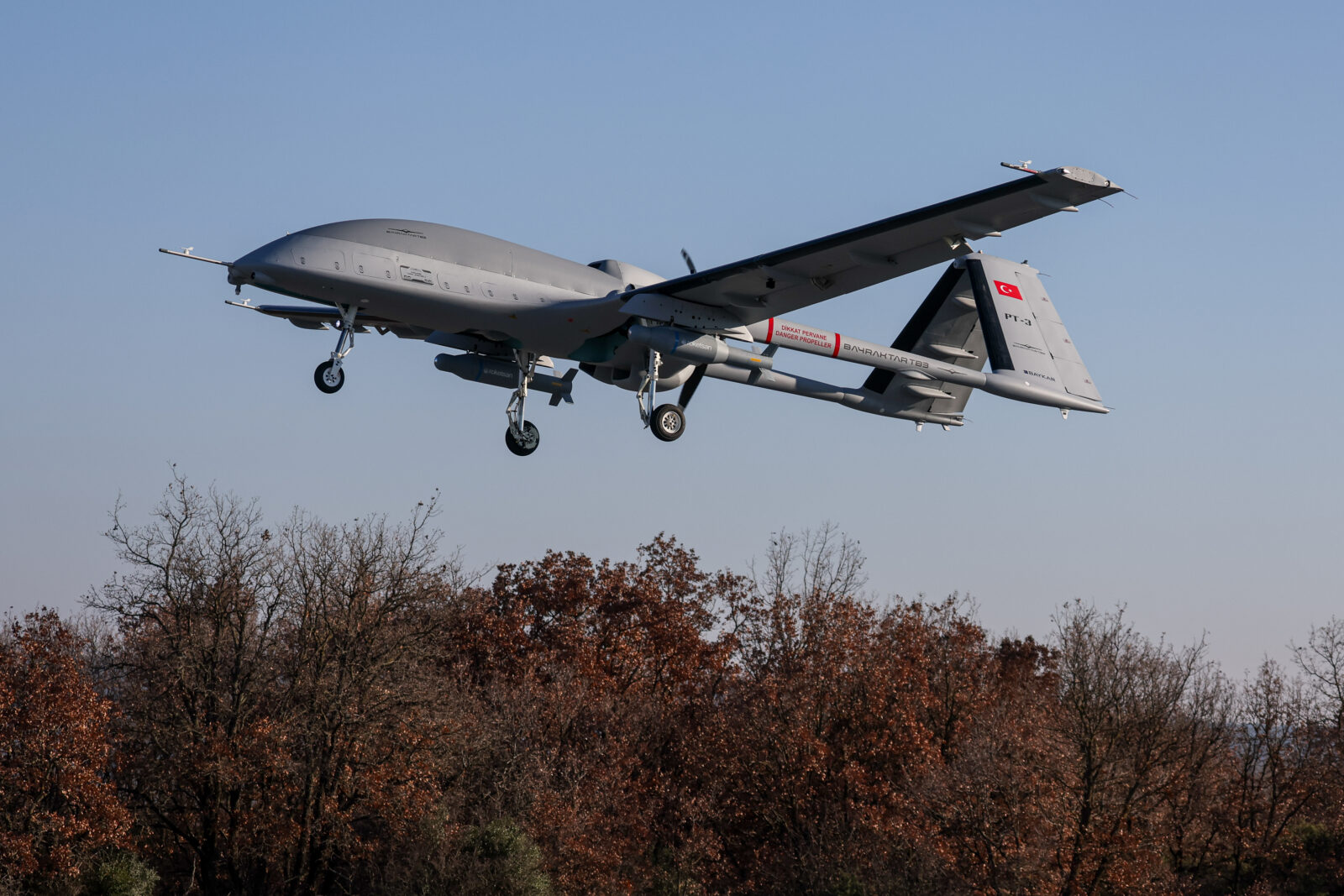
The agreement signifies a crucial shift in Europe's defense industrial base, reducing dependence on U.S.-made UAVs.
European nations, including Italy, have historically relied on American UAVs like the MQ-9 Reaper, but this reliance has led to challenges, including strict export regulations under U.S. International Traffic in Arms Regulations (ITAR) and delays in securing critical technology.
Leonardo CEO Roberto Cingolani previously noted that Europe's structural defense vulnerabilities could deepen amid shifting trans-Atlantic relations, underscoring the urgency of strengthening indigenous capabilities.
The time might have come and might be already passing for Europe to make serious and fundamental changes to its defense concept, and European nations need to unite in response to Trump's policies, which Turkish Foreign Minister Hakan Fidan described as "a wake-up call for all of us".
These developments between Italy and Türkiye align with Türkiye's recent calls expressing its willingness to join a new European security architecture if NATO were to disband.
"The genie is out of the bottle and there is no way to put it back in," Fidan said. "Even if President Trump decides not to withdraw from Europe now, it is possible that in the future someone with similar views and political ideas might consider reducing America's contribution to European security."
And I have to say he is right. Europe needs to build a sustainable defense and security architecture, which will probably change the status quo, whether Europeans like it or not.
Partnering with Baykar allows Leonardo to develop a European alternative that mitigates these constraints while also advancing Italy's UAV capabilities. Türkiye has rapidly emerged as a global leader in UAV development, with its battle-proven Bayraktar TB2 and Akinci drones playing pivotal roles in conflicts across Libya, Syria, Karabakh, and Ukraine.
This expertise offers Europe an opportunity to accelerate its UAV programs through collaboration with Baykar’s innovation-driven defense industry.
Europe's current Eurodrone project, also known as EuroMALE, which has been dragging on since 2016, is reaping the fruits today because of the steps it had to take to develop the defense industry—steps Türkiye had to take earlier because it was subjected to sanctions. It has been a very painful process for Türkiye as well, with embargoes, economic pressure, and difficulties even in procuring sub-parts.
Türkiye had to face all of this and cut its umbilical cord, so to speak—a very difficult task, especially with a defense budget that is far from billions and trillions of dollars.
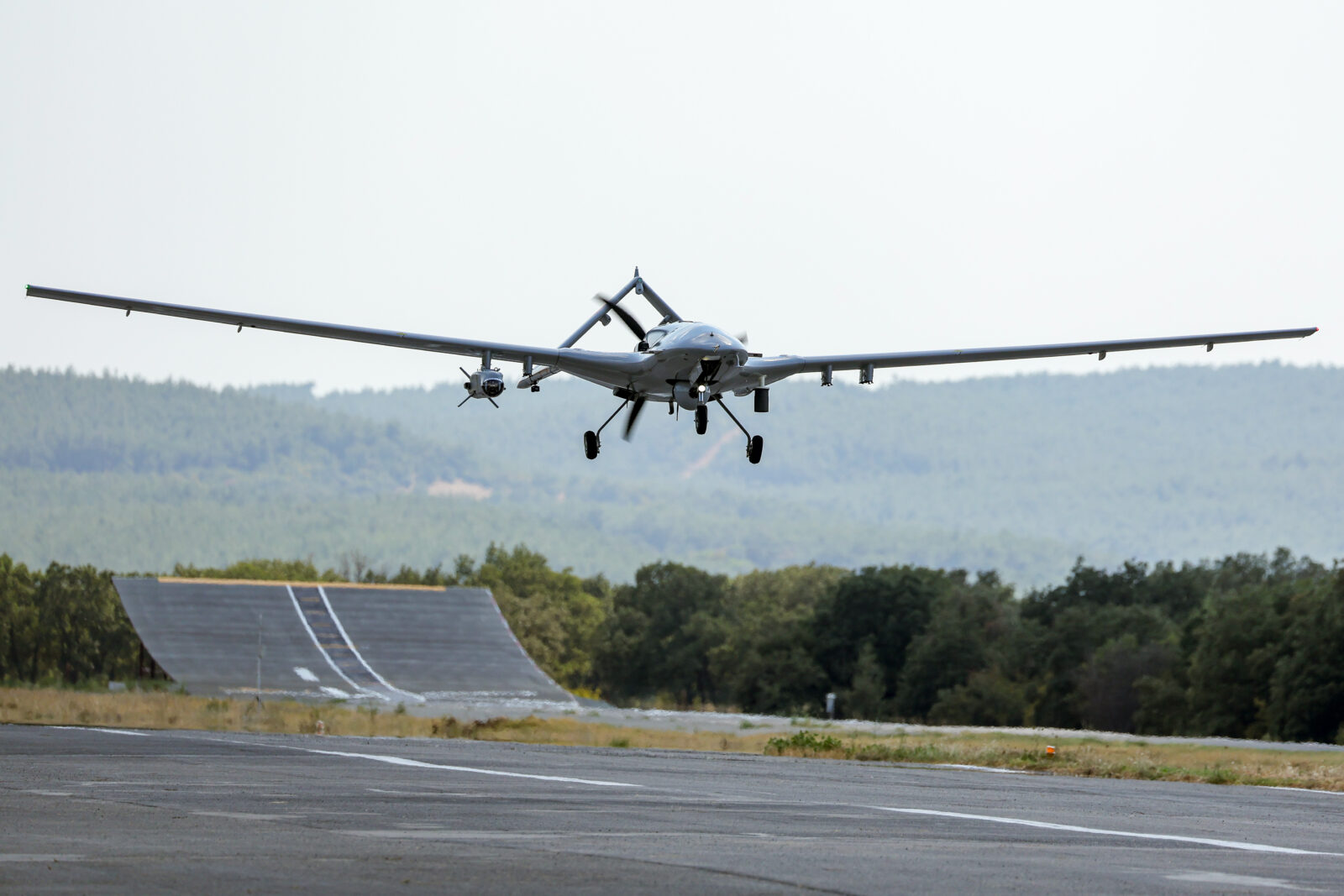
For Italy, the deal is more than just an industrial cooperation—it is a strategic initiative to bolster its position in the European UAV sector.
Leonardo, a key European defense firm, has extensive expertise in avionics, radar, and electronic warfare systems, but has struggled to develop competitive UAV platforms. By integrating its advanced sensors and communication systems into Baykar’s UAVs, Leonardo can enhance the performance of its unmanned systems, making them more sophisticated and capable.
The agreement aligns with Italy’s broader ambitions to enhance European strategic autonomy, particularly in defense, by reducing reliance on non-European suppliers. Investing in a joint UAV program with Türkiye positions Italy as a leader in shaping Europe's future airpower capabilities, ensuring access to cutting-edge UAV technology for its military and allies.
This diversification of the supply chain also reduces bottleneck risks while strengthening Italy's defense industrial base.
Economically, the partnership could yield significant benefits. Strengthening Italy’s UAV production capabilities is expected to create jobs and attract investment in the country’s defense sector.
Given the increasing global demand for military UAVs—projected to be a $100 billion market over the next decade—Italy could emerge as a major supplier for European and NATO allies seeking alternatives to American and Chinese systems.
Another important issue in this agreement is the Global Combat Air Programme (GCAP) project, in which Baykar is expected to offer a "local" Loyal Wingman solution to Europe with the Bayraktar Kizilelma UCAV solution.
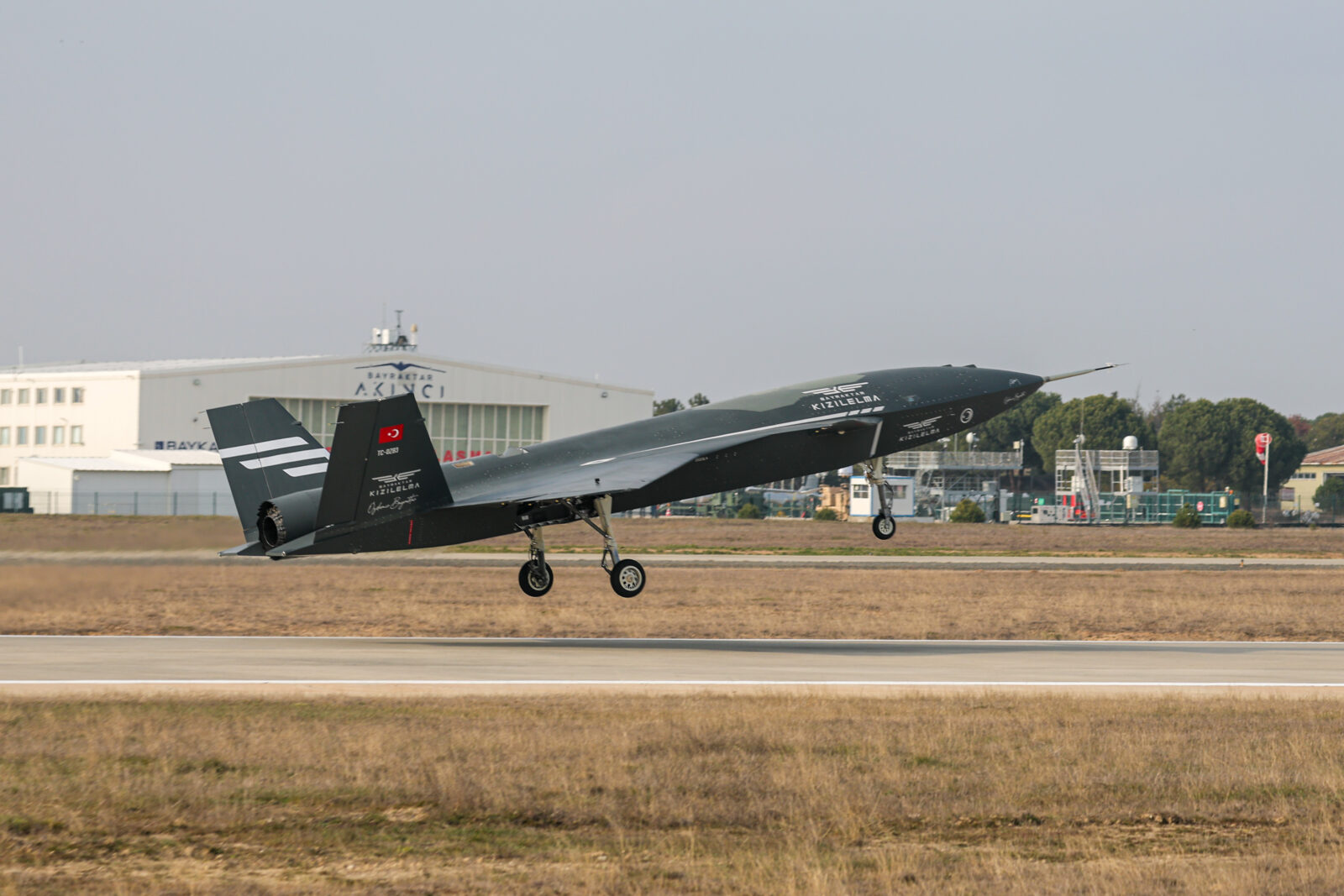
While Italy stands to gain, the implications of the Leonardo-Baykar partnership extend across the European defense industry. Europe has faced persistent challenges in developing indigenous UAV capabilities due to bureaucratic inefficiencies, fragmented defense policies, and a historical preference for manned aircraft.
Projects like the EuroMALE UAV—jointly developed by France, Germany, Italy, and Spain—have suffered from delays and cost overruns, leaving European militaries with limited domestic options, leaving the stage to the U.S. and Israeli UAV solutions.
The Leonardo-Baykar collaboration represents Italy's push to develop robust UAV capabilities beyond EuroMALE's scope, addressing concerns about its operational relevance in high-intensity conflicts.
Türkiye’s agile and innovation-driven approach to UAV development serves as an inspiration for European defense firms, demonstrating how streamlined procurement processes, rapid prototyping, and private-sector investment can accelerate technological progress.
This collaboration could pave the way for broader Turkish-European cooperation in areas such as artificial intelligence, electronic warfare, autonomous systems, and space technology.
If Europe's defense architecture is combined with Türkiye's agile and “relatively fast” approach, it could prove to be quite powerful. This partnership could be extended not only to UAVs, but also to ammunition, unmanned naval vehicles, armored vehicles and many other areas, to quote Turkish defense industry analysts, "Türkiye could drown the world in ammunition".
The term "relatively" indicates bureaucratic delays, problems and years behind schedule in a few defense industry projects such as in Altay main battle tank project in Türkiye. In general, Baykar has a strong track record of executing its projects swiftly.
Europe now has to think about a NATO without the U.S. as the main influence and take steps accordingly. It would be much more beneficial for the whole of Europe to abandon the policy of exclusion toward Türkiye in favor of third countries, and it seems that Ankara is slowly moving in this direction around the EU nations.
Allied countries in NATO should not undermine each other, especially Greece. Greek Cyprus has a long-running policy of blocking Ankara's defense investments, exports, imports, and everything else even when it comes to supporting Ukraine.
It needs to be noted that a single-axis relationship between the EU and Türkiye, solely focused on defense, is neither sustainable nor in the interest of either side. As long as the EU keeps taking a "reactive" approach toward Ankara, it will always miss the nation's potential.
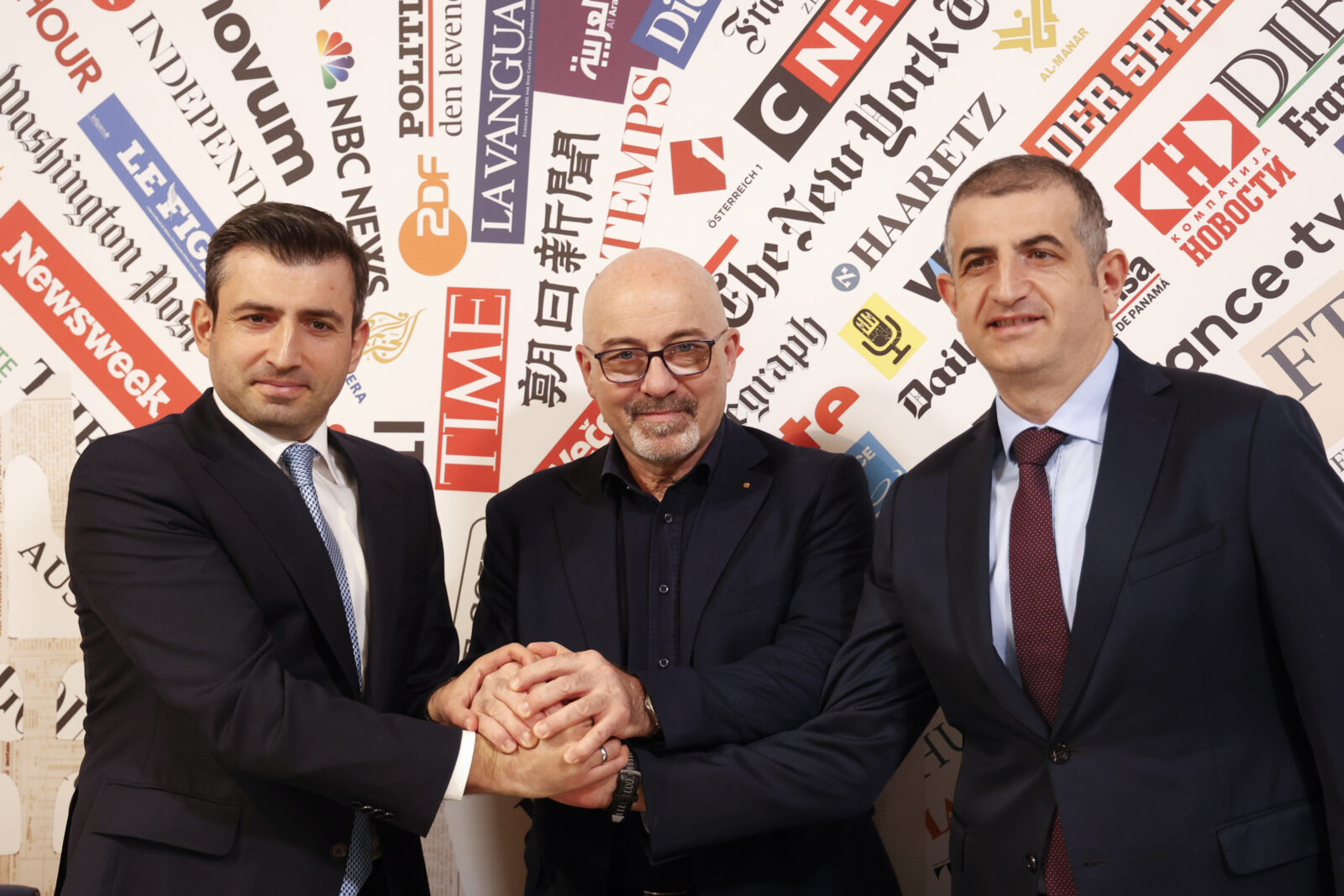
For Türkiye, the agreement is a milestone in expanding defense industrial cooperation with Europe.
Turkish defense firms have historically faced challenges in accessing European technology due to political and regulatory barriers. However, the Leonardo-Baykar deal signals a shift in perception, as European stakeholders recognize the strategic value of Türkiye's contributions to the defense sector.
From a technological perspective, working with Leonardo grants Baykar access to advanced European-made avionics, sensor systems, and electronic warfare capabilities.
Leonardo’s Gabbiano and Osprey radar families, for instance, can significantly enhance the surveillance and reconnaissance capabilities of Baykar's UAVs, while its secure communications and electronic warfare payloads improve operational resilience in contested environments.
The agreement could also open new markets for Turkish UAVs within NATO and the EU, further integrating Türkiye into Europe's defense ecosystem.
Politically, the deal strengthens Türkiye's position within European security frameworks. As NATO adapts to emerging threats—from Russia's invasion of Ukraine to instability in the Middle East and North Africa—Türkiye's role as a key defense player is likely to expand.
This makes Ankara an increasingly indispensable partner in addressing security challenges along Europe's periphery.
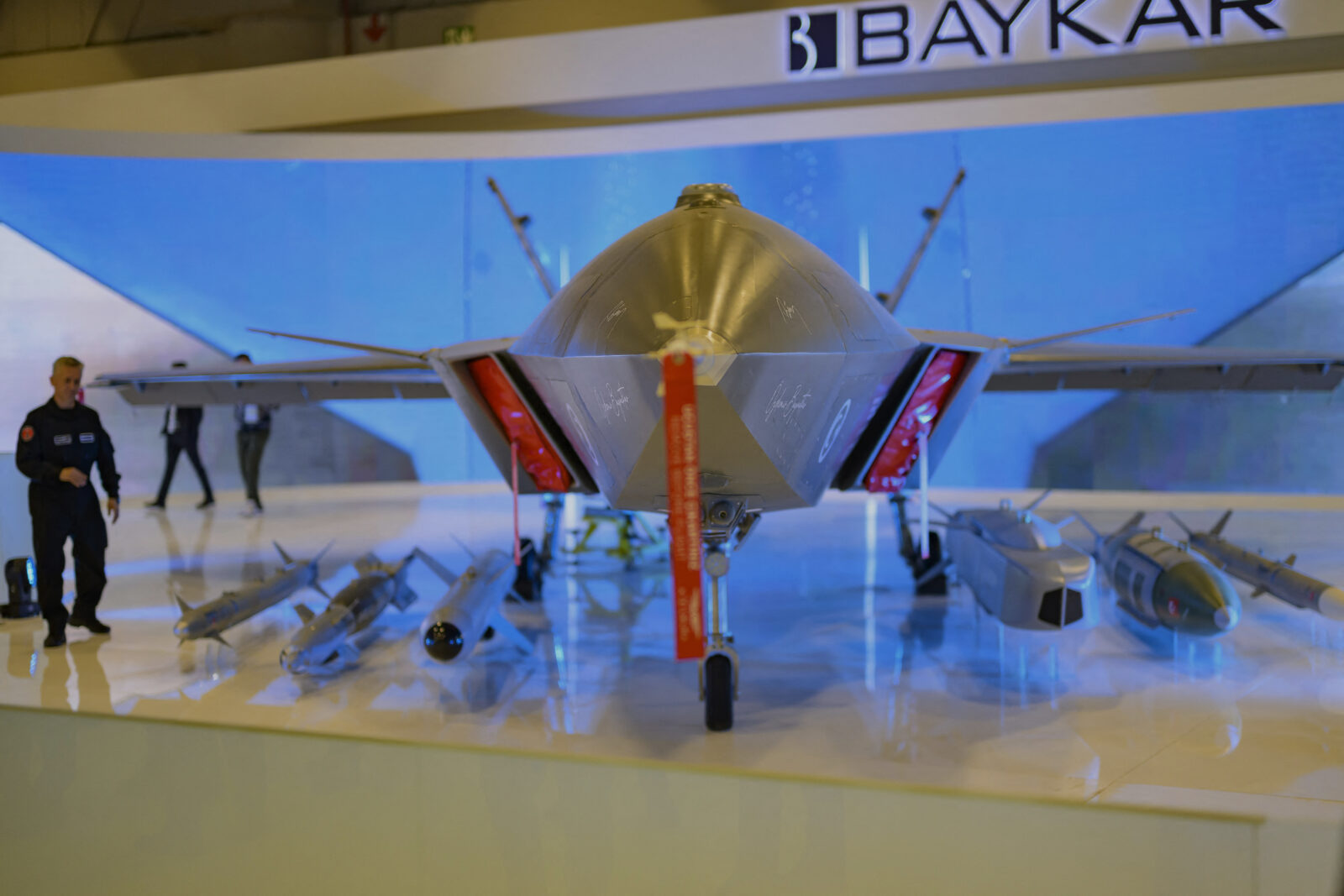
The Leonardo-Baykar agreement is more than just a commercial deal—it is a strategic partnership with the potential to reshape Europe’s UAV landscape and redefine Turkish-European defense cooperation.
For Italy, it presents a critical opportunity to advance UAV capabilities, reduce dependence on U.S. technology, and strengthen its defense industrial base. For Türkiye, the deal offers a pathway to deeper defense ties with Europe, expanded technological reach, and further consolidation of its status as a global UAV leader.
As both countries invest in this partnership, the broader European defense sector stands to benefit, with potential ripple effects in advanced defense technologies and military readiness.
With the UAV market projected to grow exponentially over the next decade, the Leonardo-Baykar collaboration positions both companies—and their respective nations—at the forefront of Europe’s defense innovation.